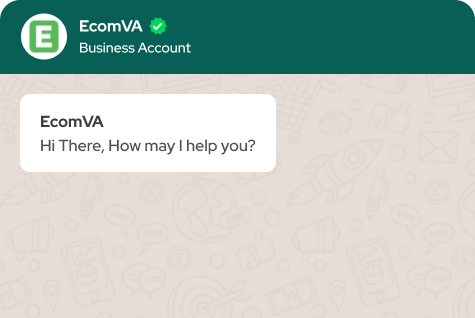How to do Website Security on SEO
With the increase in the number of cyber threats it is important to provide stronger methods to protect user information. Implementing the right measures in your website for security will safeguard user information and also secure better rankings on search engines.
Website security is a critical aspect of SEO as it ensures the safety of your website, protects user data, and maintains trust with both users and search engines. Here are steps to improve website security for SEO:
Use Secure Hosting: Choose a reputable hosting provider that prioritizes website security. Ensure they offer features such as SSL certificates, regular backups, and server-level security measures.
Install SSL Certificate: Implement Secure Socket Layer (SSL) encryption by installing an SSL certificate on your website. This ensures that data transmitted between your website and users is encrypted, providing a secure browsing experience. HTTPS encryption is also a ranking factor for Google.
Keep Software Up to Date: Regularly update your website’s content management system (CMS), plugins, themes, and other software to the latest versions. Outdated software can contain vulnerabilities that hackers can exploit.
Strong User Authentication: Use strong and unique passwords for all user accounts on your website, including administrators, contributors, and editors. Encourage the use of multi-factor authentication (MFA) for an extra layer of security.
Secure File Permissions: Set appropriate file permissions for your website’s directories and files. Restrict write access wherever possible to prevent unauthorized modifications. Limit access to sensitive files and directories using secure configurations.
Regular Backups: Create regular backups of your website’s files and databases. Store backups securely offsite, preferably in multiple locations. Regularly test the backup restoration process to ensure its effectiveness.
Implement a Web Application Firewall (WAF): A WAF provides an additional layer of protection by filtering out malicious traffic and blocking common attack vectors. Consider using a cloud-based WAF or installing a WAF plugin on your CMS.
Use Captcha or Spam Filters: Implement captcha or other anti-spam measures on forms and comment sections to prevent automated bots from submitting malicious content or spam.
Monitor for Malware and Vulnerabilities: Use website security monitoring tools to scan your website for malware, vulnerabilities, and other security issues. Regularly monitor for suspicious activities or unauthorized access attempts.
Implement Website Security Headers: Configure your web server to send security headers with your website’s HTTP responses. This helps protect against cross-site scripting (XSS), clickjacking, and other security vulnerabilities. Common security headers include Content Security Policy (CSP), X-Frame-Options, and X-XSS-Protection.
Use a Website Firewall: Consider using a website firewall service or plugin that can actively block malicious traffic, including Distributed Denial of Service (DDoS) attacks, SQL injection attempts, and brute-force login attempts.
Regular Security Audits: Conduct periodic security audits to identify and address any potential vulnerabilities or security weaknesses. Engage with cybersecurity professionals or use security auditing tools to perform thorough assessments.
By prioritizing website security, you not only protect your website and user data but also demonstrate trustworthiness to search engines and users. A secure website enhances user experience, minimizes the risk of negative SEO impacts, and maintains a positive online reputation.
From using SSL certificates and securing credentials to regularly monitoring for vulnerabilities it is important to secure websites and deliver smooth SEO performance. This ensures to safeuard your online assets and gain visitors’ trust.
Virtual Assistant Service
Get in touch





